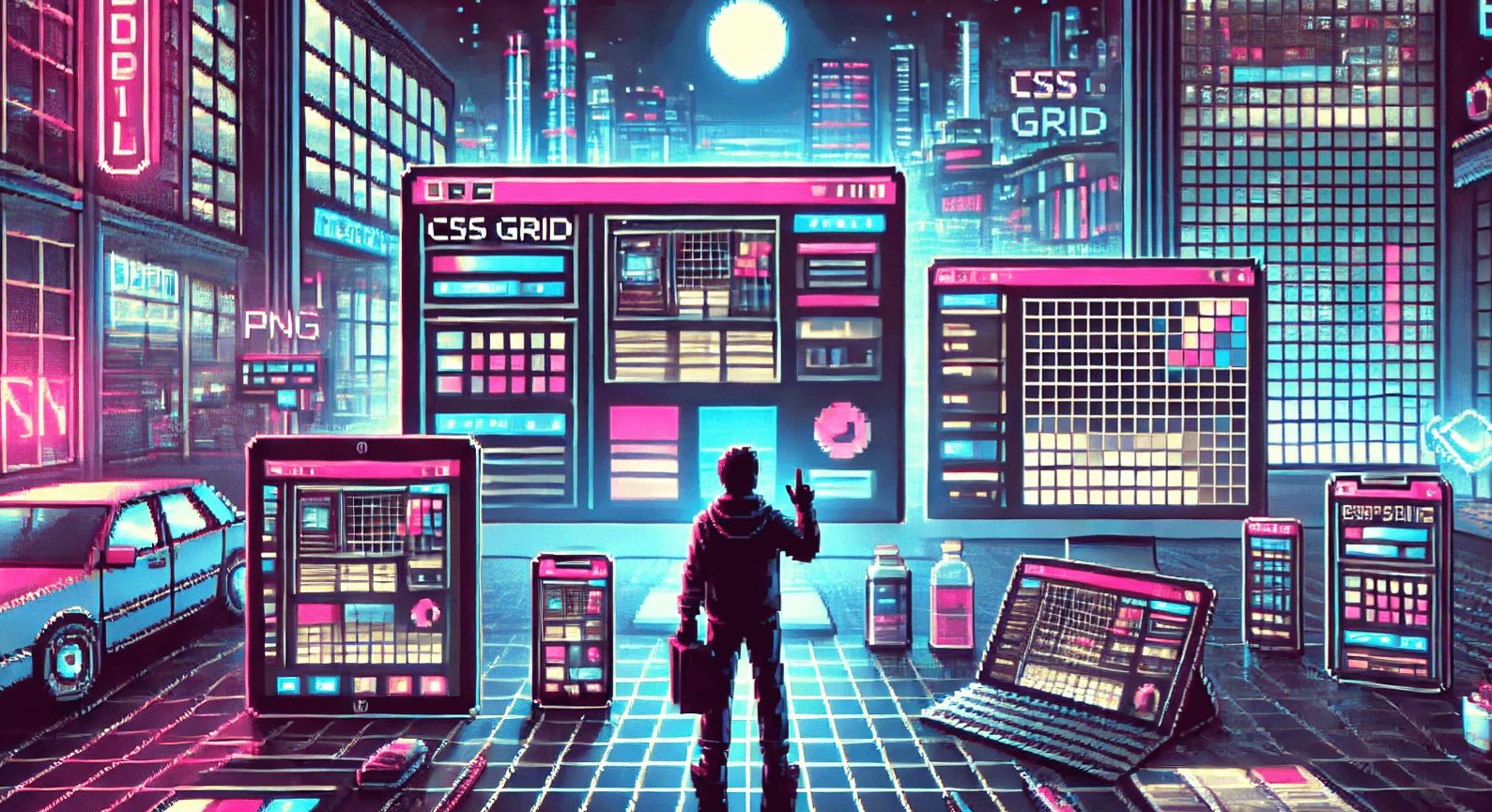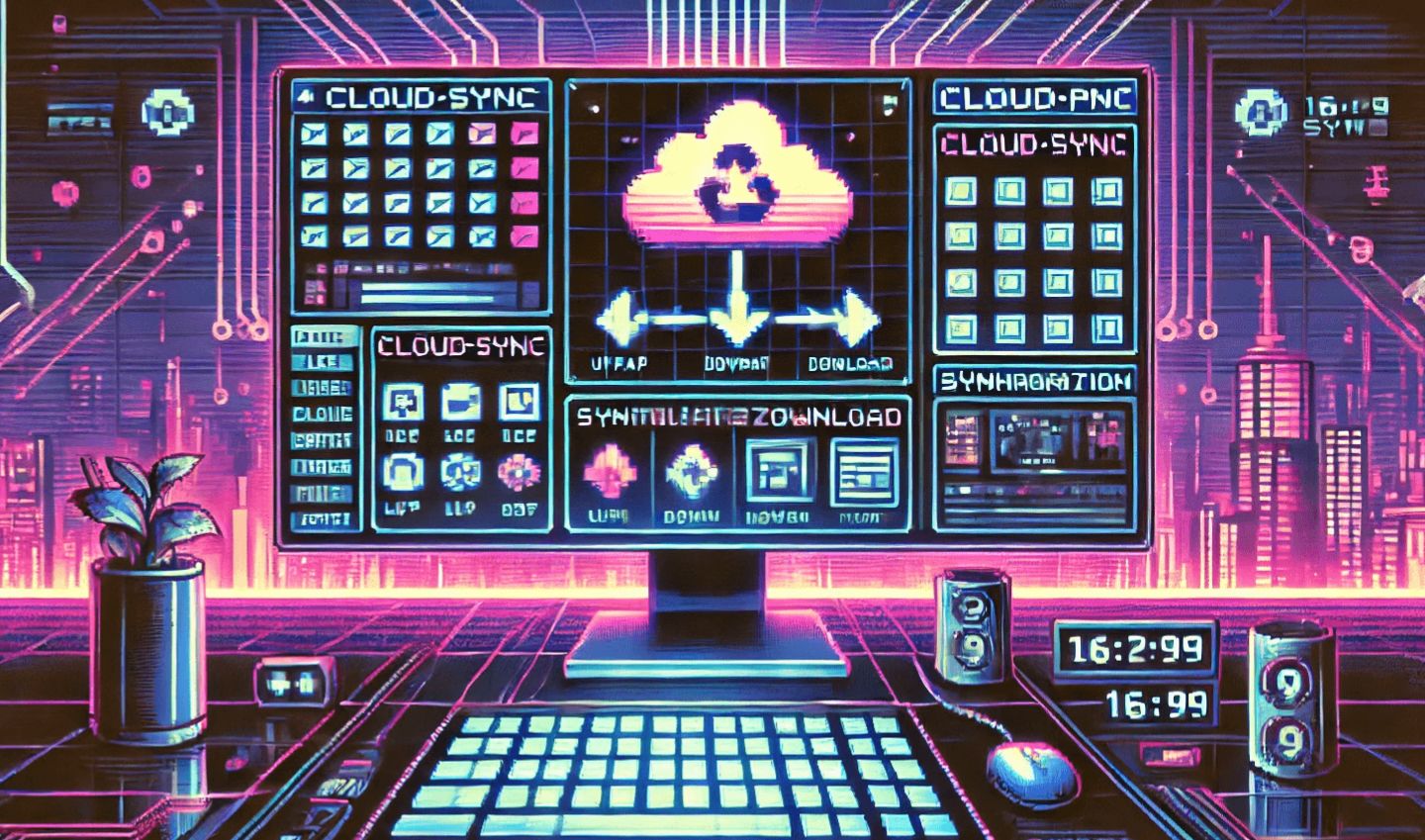AI and Automation in Desktop Apps
AI is transforming desktop software — from intelligent UI behavior to background automation
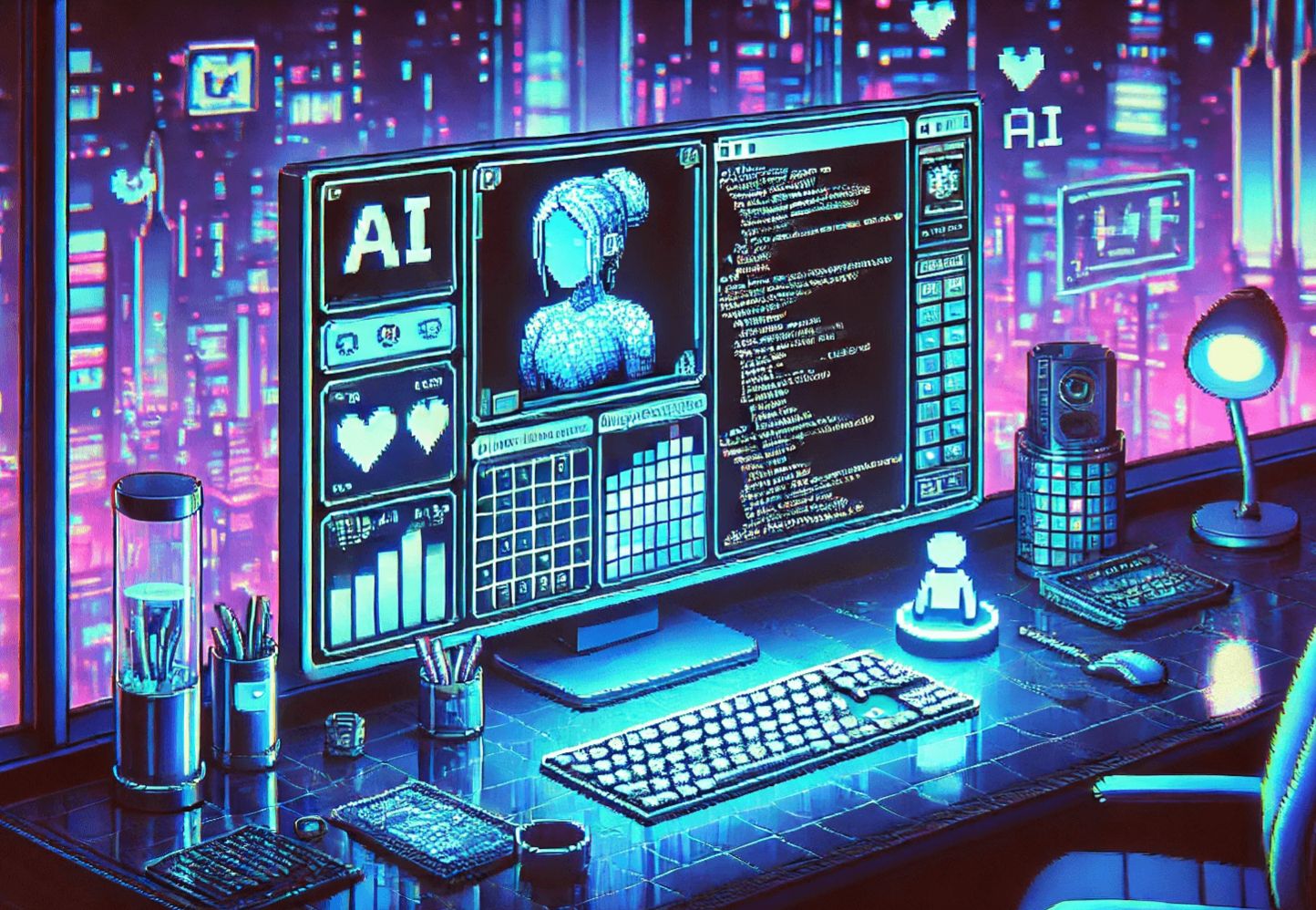
@chromecipher1
4 months ago
0
AI and Automation in Desktop Apps
Desktop apps are getting smarter. What used to be static, user-driven software is now dynamic, predictive, and automated — thanks to the integration of artificial intelligence.
In 2025, users expect desktop apps to assist them, not just respond. This post explores how AI and automation are shaping modern desktop experiences and how you can start integrating them today.
🧠 1. The Smart Desktop App Era
AI has shifted from web-exclusive buzz to desktop reality. Whether it's auto-completing tasks, detecting user intent, or learning patterns over time — AI is reshaping desktop software UX.
🧩 Key Benefits:
- Increased productivity through automation
- Personalized, intelligent UI experiences
- Real-time analysis and recommendations
- Reduced human error in complex tasks
💡 2. Common Use Cases for AI in Desktop Apps
Modern desktop apps are evolving with features like:
- Auto-sorting emails or files based on behavior
- Voice-assisted commands and natural language processing
- Smart dashboards that adapt based on usage patterns
- Task suggestions using machine learning
- Document parsing and OCR via AI
# Example: Basic NLP with spaCy for desktop assistant
import spacy
nlp = spacy.load("en_core_web_sm")
doc = nlp("Remind me to send the report at 5pm")
for ent in doc.ents:
print(ent.text, ent.label_)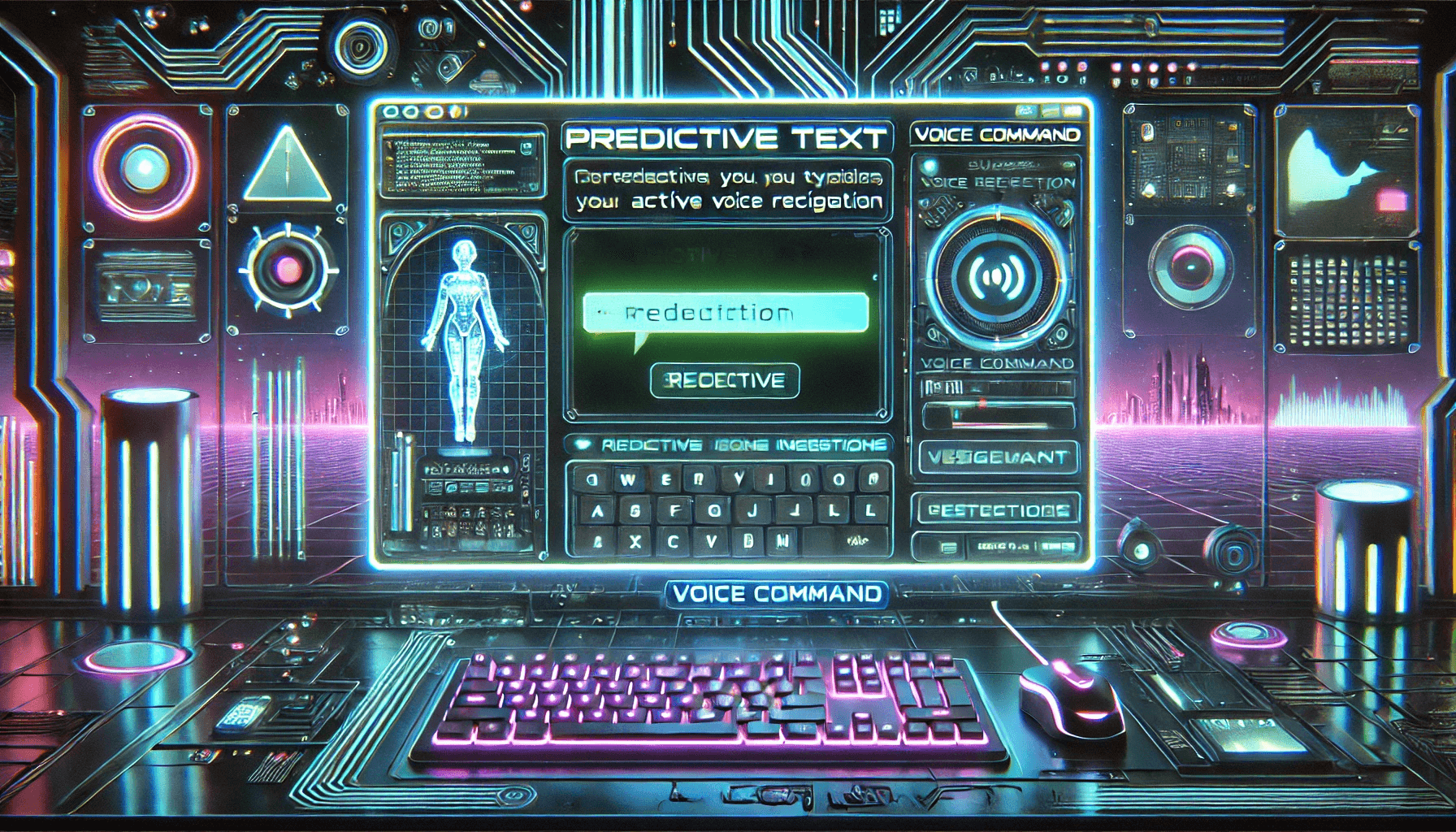
⚙️ 3. Automating Workflows: Triggers to Actions
Automation isn’t new — but combining it with AI brings dynamic logic to the table.
⚡ Use Cases:
- Auto-generate reports at specific times or data states
- Detect user behavior and suggest or perform tasks
- Integrate macro-like logic that evolves over time
// Example: Automating in Electron with Node.js
const fs = require('fs');
function autoBackup() {
const data = fs.readFileSync('./data.json');
fs.writeFileSync(`./backups/data-${Date.now()}.json`, data);
}
// Trigger every 6 hours
setInterval(autoBackup, 21600000);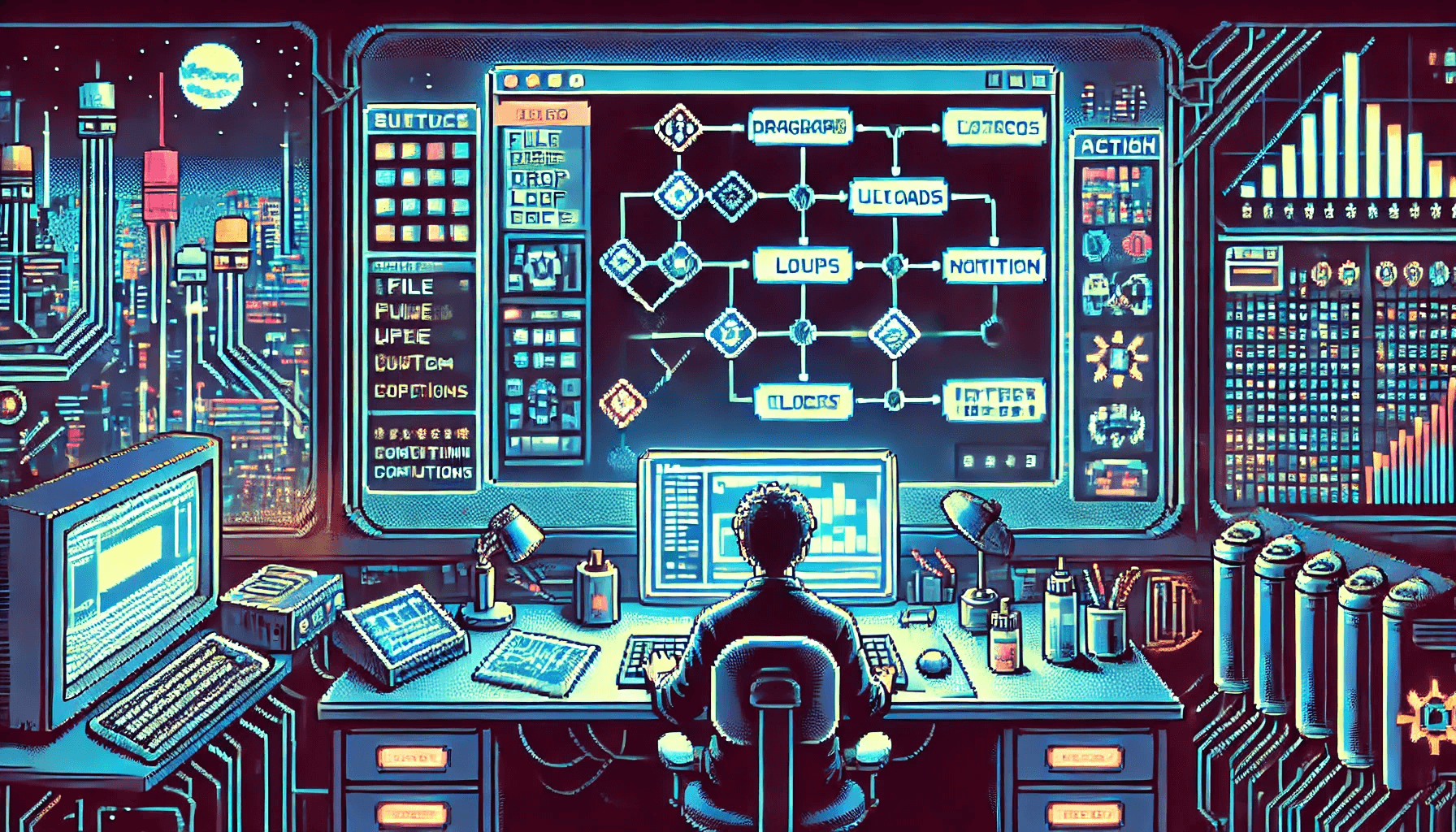
🧰 4. Frameworks & SDKs for AI-Powered Desktop Apps
You don’t need to start from scratch — major frameworks now support AI/automation integration.
🔧 Top Tools:
- Electron – Great for JS/TS apps, easily integrates with AI APIs
- .NET MAUI – Cross-platform C# development with ML.NET support
- Tauri – Lightweight, secure desktop framework with Rust and JS
- Python + PySide/PyQt – Ideal for AI-first tools and rapid prototyping
- TensorFlow.js / ONNX / Hugging Face APIs – For inference inside your app
# Install TensorFlow.js for an Electron app
npm install @tensorflow/tfjs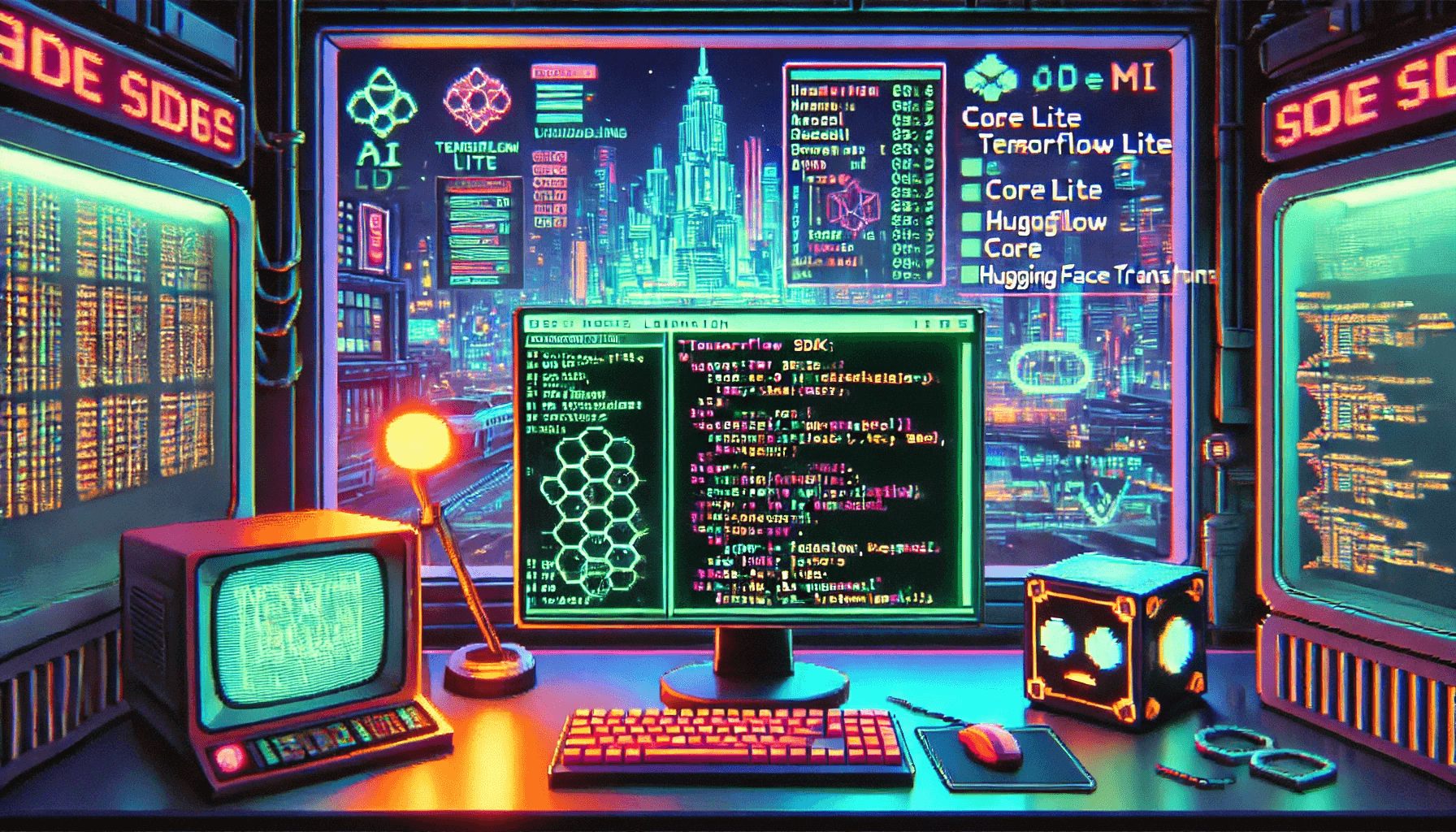
🔐 5. Responsible Automation: Privacy, Trust & Control
More automation means more responsibility. AI decisions must be transparent and safe for users.
✅ Best Practices:
- Let users opt into automation features
- Explain AI decisions clearly (especially when taking action)
- Offer manual overrides and review logs
- Avoid silent background tasks without user awareness
📚 Sources & Further Reading
📅 Last Updated: June 2025
More from @chromecipher1

Top Mobile App Trends 2025
Explore the key mobile app trends shaping 2025 — AI-powered features and cross-platform evolution
@chromecipher1
4 months ago
